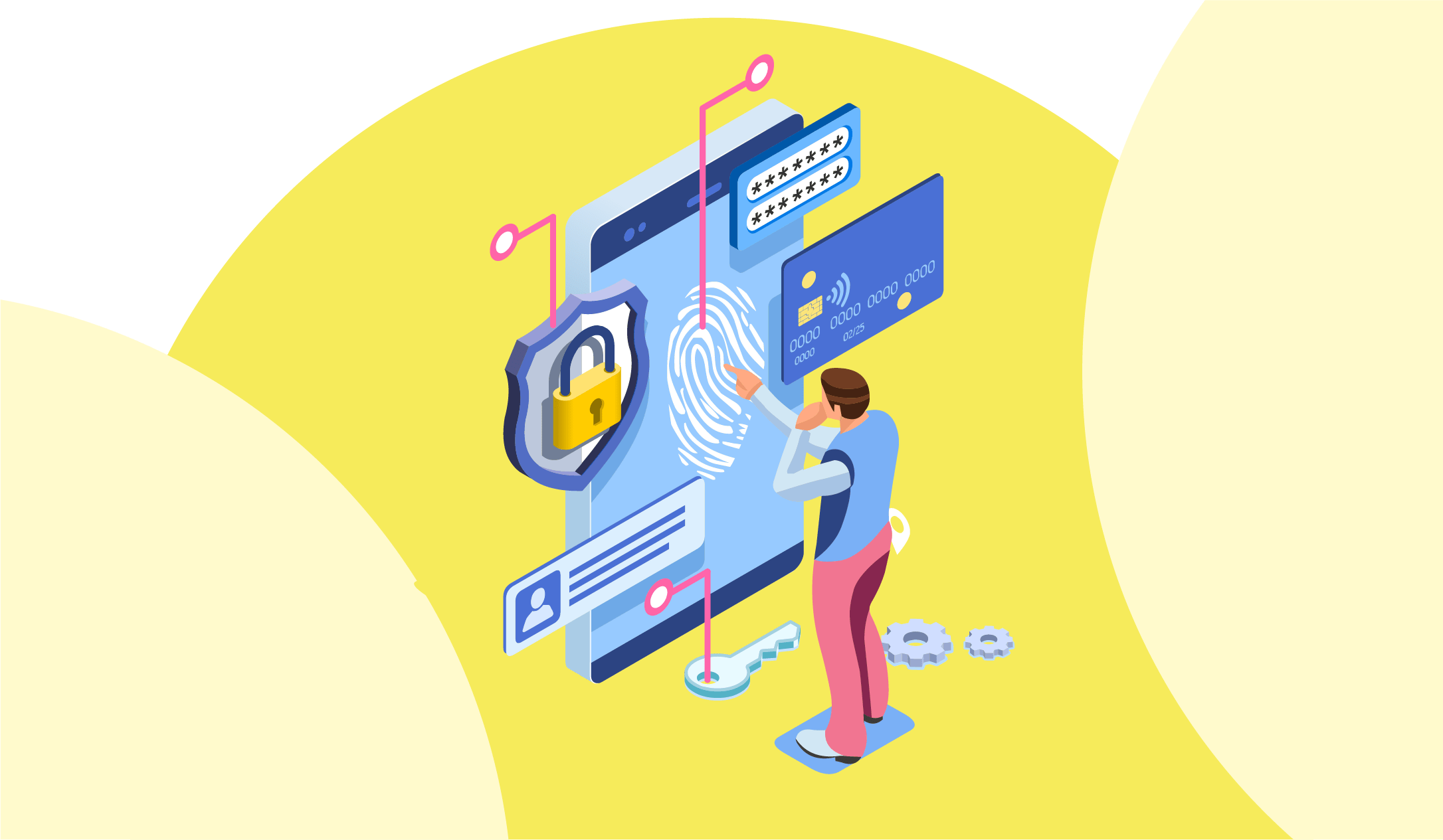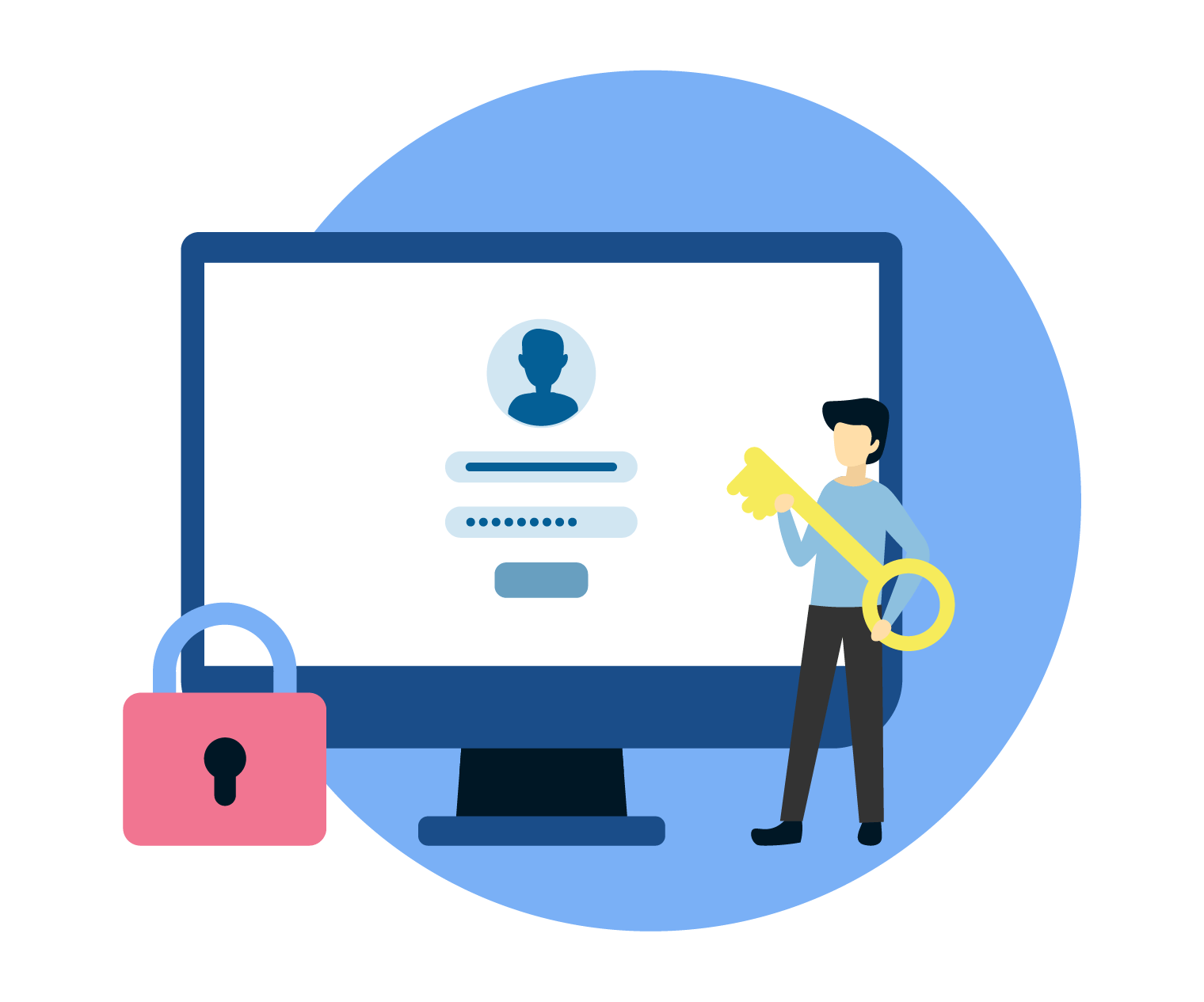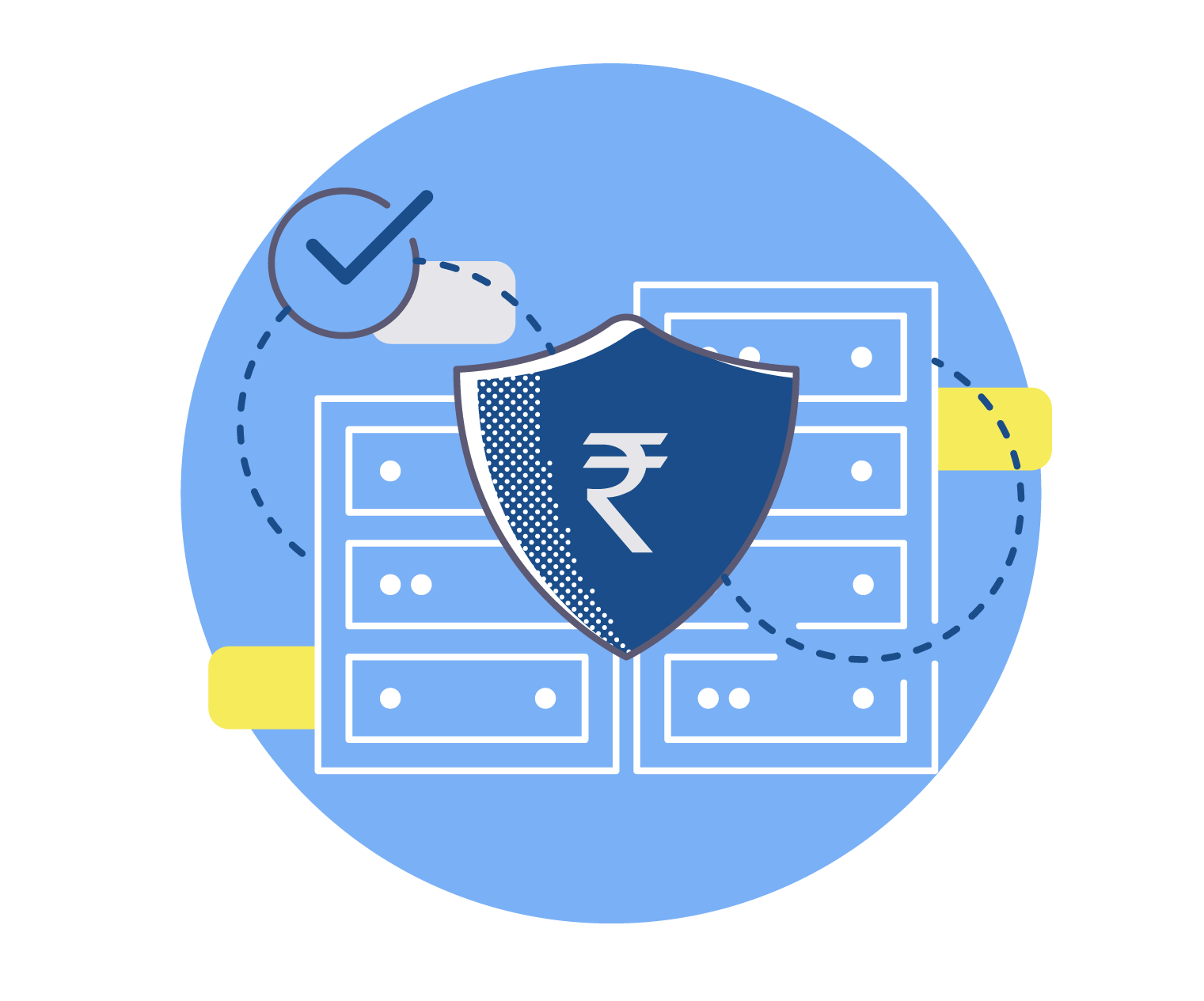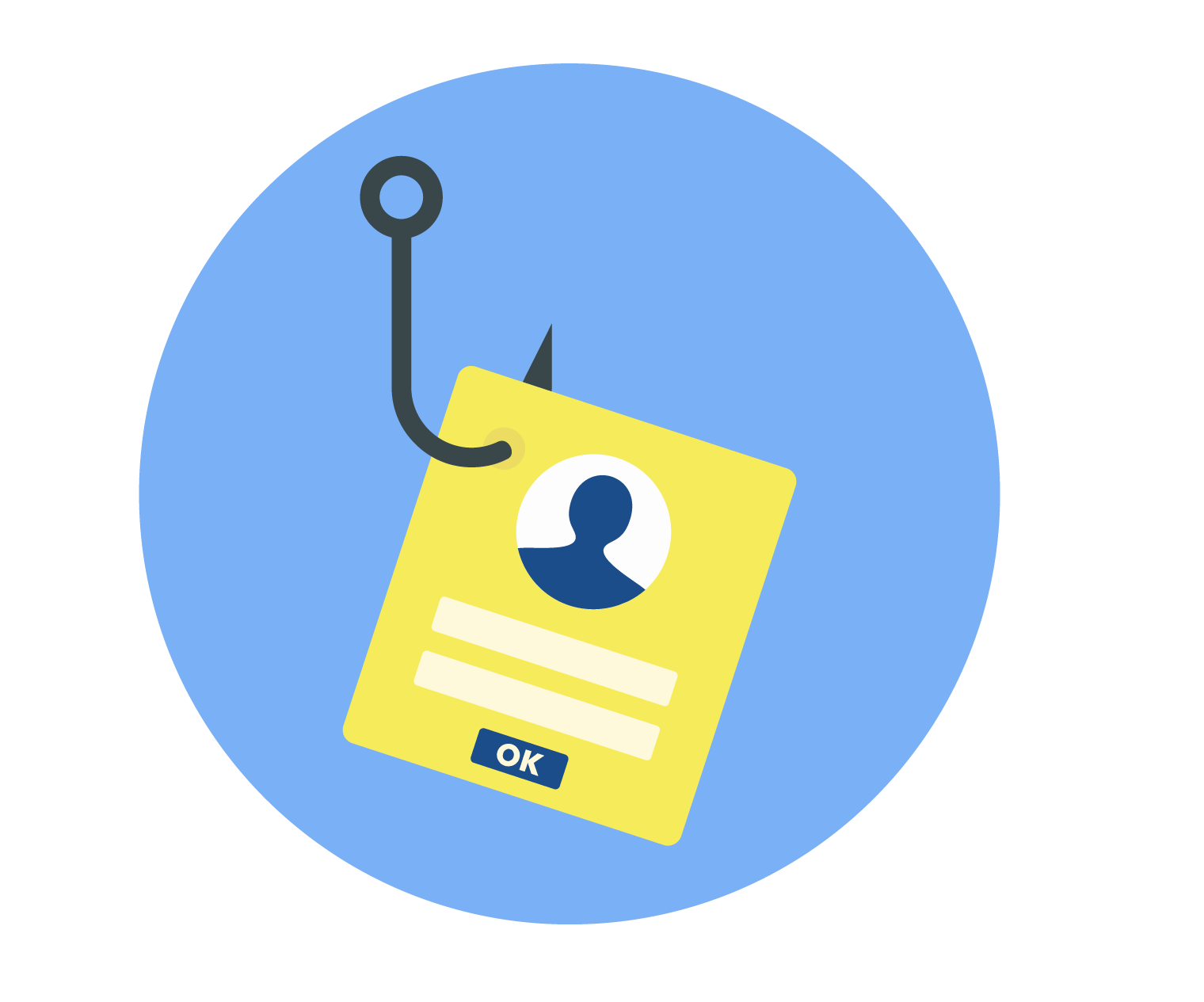Planning to Digitize Your Business? 10 Data Security Measures to Consider
With the internet penetration rate reaching 50% in 2020, there is a growing surge in digitalization of businesses. Business digitalization refers to incorporating the best-suited technology tools to your business assets for improved performance. Almost 70% of companies are actively pushing for digitalization of their enterprise operations. According to data, here are what digitalization does for an enterprise:

- Boosts the brand’s online presence and increases relevant traffic to the store. According to 39% executives, digital transformation is an initiative that drives profitability. It can be used as a strategy by offline businesses to start offering Omni-channel solutions.
- Ensures easy and prompt customer feedback. It connects the customers directly with the business heads, facilitates easy communication and increases customer satisfaction by 30%.
- Helps provide better insights about the customer and market trends.
- Provides relevant data that can improve the decision making process.
- Reduces costs and boosts productivity and efficiency.
- Makes team communication easier, more transparent and synchronized.
Digitalization is the need of the hour and every business – online or offline – needs a significant level of technological assistance for its effective and efficient management and execution. However, before you leverage the idea of digitally transforming your business, you must be aware of the necessary security measures. This is because data breach is a major threat and about 69% of Indian organizations are at a risk of data theft. Thus, data security becomes extremely important.
But, what is data security? Data security includes all the necessary steps that must be taken to ensure secure and safe storage, usage and sharing of data. Businesses deal with a significant volume of personal data of their customers as well their own sensitive business information. Protecting such data is important to maintain the faith of the customer in the company, reducing the chances of competitors or hackers gaining access to confidential information, and preventing cyber frauds or other malpractices. In order to enjoy the benefits of digital transformation and mitigate cyber risks, here are a few data security tips to consider:
But, what is data security? Data security includes all the necessary steps that must be taken to ensure secure and safe storage, usage and sharing of data. Businesses deal with a significant volume of personal data of their customers as well their own sensitive business information. Protecting such data is important to maintain the faith of the customer in the company, reducing the chances of competitors or hackers gaining access to confidential information, and preventing cyber frauds or other malpractices. In order to enjoy the benefits of digital transformation and mitigate cyber risks, here are a few data security tips to consider:
Create regular backups for all your data
Since most of the data is now stored online, it is necessary to ensure that no information is lost and in case of any damage to the original data, the backup can be referred to. The concept of data backup existed even before technological tools came into being to make the entire process faster and easier. The context still remains the same, though the change in resources involved can be noticed. Routine backups ensure that any investment made on data does not get wasted.
Before you decide to back up your data, you should finalize the type of backup that would best suit your needs. You can choose any one from the following:
Before you decide to back up your data, you should finalize the type of backup that would best suit your needs. You can choose any one from the following:
- Full backup: It involves copying and saving the entire dataset.
- Incremental backup: It involves copying and saving the original dataset with changes made on the original files.
- Differential backup: It involves copying and saving only the new files wherein changes are made after the last backup.

After deciding the type of backup, its safe storage is necessary. Depending on the nature of the data, the backup format and the duration for which you want the backup to exist, you can choose any storage medium (CDs, DVDs, cloud-based storage spaces, etc.).
Few tips:
Few tips:
- You should never store the backup on the same medium as that of the original dataset.
- Ensure that you test all the backups before saving them.
- Frequently create backups so that no data gets left out or is lost.
- Use the right equipment to label the backup files.
Keep system software up-to-date with the latest security patches
In order to ensure optimal cybersecurity and proper digital security, system software must be regularly updated. If your operating system is running the latest version, you would considerably reduce the risk of computer bugs, data theft and security holes. Security updates ensure that hackers cannot exploit the software vulnerabilities by sending malware. Such cyberattacks mean that your entire confidential dataset’s security is at stake. The malware can steal, encrypt and misuse any data.
Install antivirus and anti-malware on all work devices
Anti-virus and anti-malware software must be installed on all devices to ensure that any illegal or unauthorized access, usage or transfer of confidential data can be stopped immediately. Such software scans all the other malicious software and prevents them from accessing any data on the devices. These software identify, sandbox and then eliminate any virus or malware, thereby ensuring completely safe and secure storage of data.
Use strong passwords with two-stage authentication for added security

The confidential data should be protected by using strong passwords. Usually an eight-digit combination of upper case and lower case alphabets, numeric digits and special characters can be used as a password. You can even use a passphrase instead of a password. Predictable passwords or passwords already in use to access other accounts must be avoided. Regular changing of passwords can also ensure reduced access to confidential data by outsiders. Since first-time passwords have higher risks of being intercepted, force their expiration.
Two-stage authentication should be used to provide extra security. This feature notifies the owner of the data about any unverified attempt to access data and only allows access after it has been approved by the owner. Authenticator apps can be used to incorporate such two-factor verifications.
Two-stage authentication should be used to provide extra security. This feature notifies the owner of the data about any unverified attempt to access data and only allows access after it has been approved by the owner. Authenticator apps can be used to incorporate such two-factor verifications.
Create a strict password sharing protocol
Merely creating a strong password will be of very little help unless the employees are strictly restricted from sharing them with third parties. Such passwords that protect any confidential or personal data must not be typed on any devices that cannot be trusted. Employees must be restricted from saving such passwords on any device that is not directly monitored or controlled by the enterprise. If you suspect any third-party usage, immediately reset all passwords.
Include the provision of verifying the user's identity before allowing any password resets. Never allow transmission of passwords as plain texts. Avoid using weak encryption or hashing algorithms to store or transmit passwords.
Include the provision of verifying the user's identity before allowing any password resets. Never allow transmission of passwords as plain texts. Avoid using weak encryption or hashing algorithms to store or transmit passwords.
Monitor and restrict access to phishing and ransomware websites and links

Phishing refers to getting access to sensitive personal data by posing as a legitimate institution, thereby deceiving enterprises. Ransomware is a malware that is specifically designed to extort money from unsuspecting users through a variety of means. Caution must be practiced to prevent such cyberattacks. Customers must be made aware of such malpractices and must be protected against them. Conducting security awareness programs or sending precautionary messages would allow the customers to make the best choice when it comes to receiving such e-mails or messages on your website or under the covers of your name.
Use firewall on work network and control who can access your network
You can very effectively control who gets access to your company’s internal systems by using firewalls on work computers. Firewalls restrict malicious or external software by serving as a barrier in between the internet and your internal network. You can use different types of firewalls to ensure the security of your internal work networks.
Use encryption when sharing any sensitive data
All the personal data, critical personal data and sensitive personal data of customers and any such confidential data of the company must be stored after encryption. It is only after encryption and tokenization that this data must be shared if needed. Different encryption methods can be utilized to scramble such data. This would ensure that no outside and unauthorized source gains access to this information.
Have a reliable payment gateway integrated for added security
The latest reports from the Reserve Bank of India suggests that 13,083 and 11,997 cases were reported in 2014-15 and 2015-16 respectively. These cases were that of frauds related to ATMs, credit cards, debit cards and net banking. Almost 3.2 million credit card and debit card details were reportedly stolen in 2016. Thus, ensure that your SSL certificate is up-to-date as it potentially increases sales by 27%. Customers would quite naturally prefer to buy from your e-store if it is secure.
Choose a robust and reliable online e-commerce marketplace that ensures the safety of your commercial data

If you are a seller who is still worried about the safety of your commercial data, register on a reliable e-commerce marketplace, such as Amazon, to ensure data security and risk management with the help of effective data security policies, secure payment integrations and cyber fraud protection.
With a few data security measures, you can easily digitize your business and enjoy the benefits of the same. Digitalization, coupled with robust cybersecurity, is the need of the hour and must be carefully leveraged by small and medium-sized businesses.
With a few data security measures, you can easily digitize your business and enjoy the benefits of the same. Digitalization, coupled with robust cybersecurity, is the need of the hour and must be carefully leveraged by small and medium-sized businesses.
Disclaimer: Whilst Amazon Seller Services Private Limited ("Amazon") has used reasonable endeavours in compiling the information provided, Amazon provides no assurance as to its accuracy, completeness or usefulness or that such information is error-free. In certain cases, the blog is provided by a third-party seller and is made available on an "as-is" basis. Amazon hereby disclaims any and all liability and assumes no responsibility whatsoever for consequences resulting from use of such information. Information provided may be changed or updated at any time, without any prior notice. You agree to use the information, at your own risk and expressly waive any and all claims, rights of action and/or remedies (under law or otherwise) that you may have against Amazon arising out of or in connection with the use of such information. Any copying, redistribution or republication of the information, or any portion thereof, without prior written consent of Amazon is strictly prohibited.
Managing a Business
Signup for our newsletter and get notified when we publish new articles for free directly into your inbox.
Browse Bizzopedia by Category
Get the latest updates on all things business
Share you information to subscribe and get updates on business guides, trends, tips
Share the knowledge of Bizzopedia
Article Categories
Amazon Programs for SMBs




